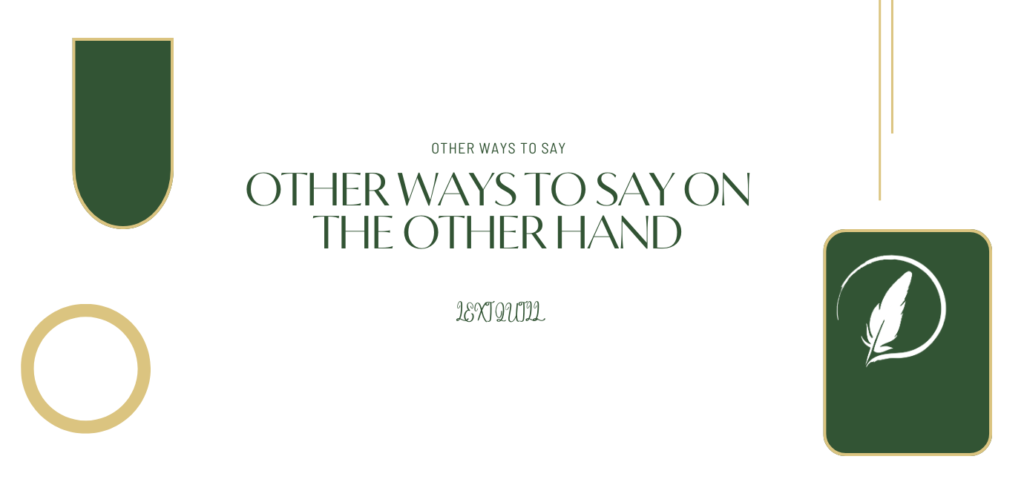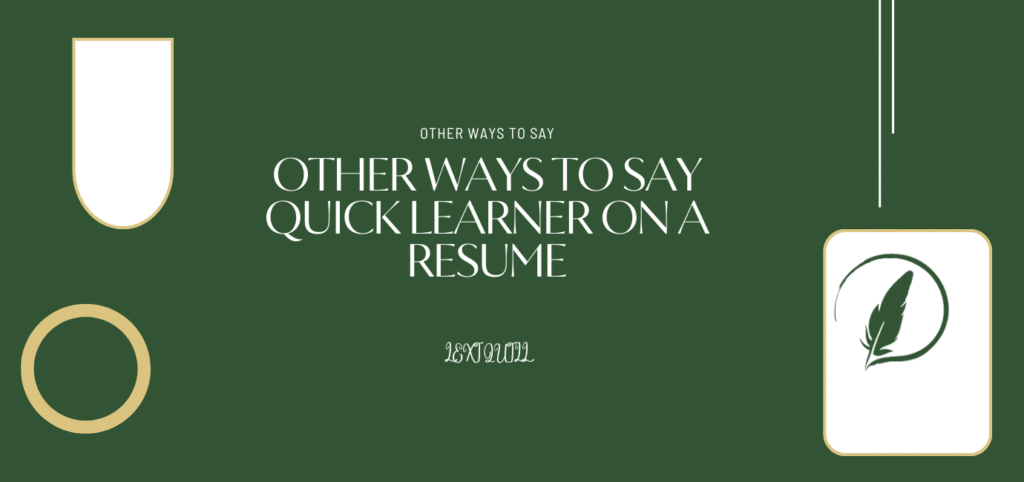In any professional setting whether you’re navigating a team meeting, presenting ideas to stakeholders, or managing client relations how you say something can matter as much as what you say. One of the most common challenges professionals face is how to affirm their correctness without sounding arrogant, dismissive, or combative. This leads us to today’s focus: how do you professionally say you’re right?
The phrase “you’re right” might feel too casual or overly simplistic in formal or nuanced workplace settings. At the same time, bluntly asserting “I’m right” can come across as boastful or closed-minded. That’s why identifying professional synonyms for “you’re right” can be a powerful communication tool. In this article, we’ll explore polished, respectful, and situationally appropriate alternatives that help you express agreement or affirm accuracy with professionalism.
Option 1: “I Agree with Your Assessment” – Collaborative and Affirming
This alternative emphasizes alignment and shared understanding without overshadowing the other person’s contribution. It’s particularly useful in meetings or feedback sessions.
When to Use It:
Use this in collaborative environments when you want to affirm someone else’s viewpoint in a constructive and diplomatic way.
Example Sentence:
“I agree with your assessment regarding the budget revisions it aligns with the client’s expectations.”
Related Business Synonyms:
“I concur,” “That’s a valid point,” “You’ve made a good observation.”
Option 2: “That’s a Valid Point” – Respectful and Diplomatic
This phrase validates the other person’s contribution while remaining neutral and professional. It’s especially useful in discussions where multiple perspectives are shared.
When to Use It:
In strategic planning sessions, negotiations, or brainstorming meetings where you want to acknowledge insight without sounding overly definitive.
Example Sentence:
“That’s a valid point about the potential risks; we should include a mitigation strategy.”
Professional Synonyms:
“I see merit in that,” “That’s a strong argument,” “I recognize the value in that.”
Option 3: “Your Insight is Spot-On” – Confident and Complimentary
This alternative not only confirms someone is right but also adds a tone of appreciation, making it perfect for motivating team members or acknowledging contributions in group settings.
When to Use It:
Ideal for internal team meetings, performance reviews, or feedback sessions.
Example Sentence:
“Your insight is spot-on the customer data does show a shift in buying behavior.”
Professional Variants:
“Excellent observation,” “Right on target,” “Well-analyzed.”
Option 4: “The Data Supports Your Conclusion” – Evidence-Based and Objective
This professional phrase shifts the focus to verifiable facts, removing subjectivity and enhancing credibility. It’s particularly powerful in analytical, technical, or scientific discussions.
When to Use It:
During presentations, data reviews, research discussions, or strategy formulation.
Example Sentence:
“The data supports your conclusion there’s a clear correlation between engagement and conversion.”
Business Synonyms:
“Your findings are accurate,” “That conclusion aligns with our analysis,” “Empirical evidence backs your point.”
Option 5: “I Stand Corrected” – Humble and Accountable
When someone else is right and you are acknowledging your own error, this alternative shows humility and professionalism two traits highly valued in the workplace.
When to Use It:
After discovering you were mistaken during a discussion or review and want to maintain professionalism while recognizing someone else’s accuracy.
Example Sentence:
“You’re absolutely right about the project timeline I stand corrected.”
Related Professional Synonyms:
“You were correct,” “Thanks for pointing that out,” “That’s a good catch.”
Option 6: “You Bring Up a Strong Argument” – Strategic and Persuasive
This version acknowledges the logic and structure behind someone’s viewpoint, which is ideal in situations involving persuasion or debate.
When to Use It:
In strategic discussions, debates, or negotiations where critical thinking is appreciated.
Example Sentence:
“You bring up a strong argument for reallocating the marketing budget.”
Professional Synonyms:
“That’s a persuasive case,” “You make a compelling point,” “That’s logically sound.”
Option 7: “I Can See Where You’re Coming From” – Empathetic and Understanding
While not a direct replacement for “you’re right,” this phrase acknowledges someone’s perspective and conveys that you understand or are starting to agree with their logic.
When to Use It:
During conflict resolution or collaborative planning when bridging differing opinions.
Example Sentence:
“I can see where you’re coming from regarding the timeline we may need to reassess priorities.”
Related Alternatives:
“That’s a reasonable perspective,” “I understand your logic,” “That makes sense now.”
Option 8: “We’re on the Same Page” – Unified and Team-Oriented
This alternative emphasizes alignment and consensus, which is excellent for fostering unity during team discussions or project alignment meetings.
When to Use It:
Use it to affirm mutual understanding in status updates or decision-making meetings.
Example Sentence:
“We’re on the same page about the rollout strategy it’s the right approach.”
Business Synonyms:
“We’re aligned,” “We share the same view,” “We’re thinking along the same lines.”
Why Professional Language Matters
Using professional language in the workplace enhances your credibility, fosters clearer communication, and builds stronger relationships. Thoughtful phrasing reduces the risk of sounding confrontational or arrogant especially when validating correctness. Choosing business synonyms for casual phrases like “you’re right” can elevate your tone, showcase emotional intelligence, and encourage constructive dialogue.
Whether you’re leading a team or entering your first corporate job, cultivating language awareness is a major step toward leadership and influence.
Conclusion:
In professional communication, tone, nuance, and intent are everything. Rather than simply saying “you’re right,” these alternatives allow you to express agreement, validate insight, or acknowledge correctness with polish and respect. Whether you say “That’s a valid point” or “The data supports your conclusion,” you’re conveying agreement in a way that strengthens collaboration and professionalism. So, how do you professionally say you’re right? You choose your words strategically to reflect confidence and humility qualities every professional should master. Start incorporating these refined phrases into your daily communication to elevate your presence in the workplace and build stronger professional relationships.








